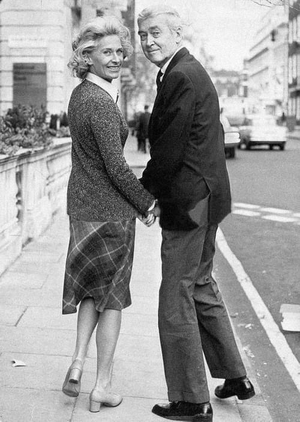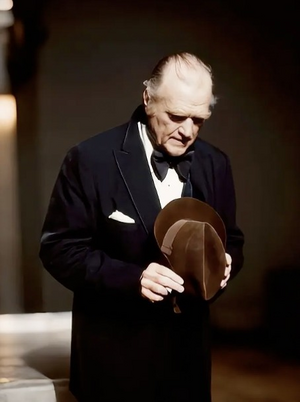The sculpture, missing since 1988, was found during a search tied to a fraud case led by the Paris public prosecutor's office, a source close to the investigation told AFP.

www.cbsnews.com
French police have recovered by chance the long-lost bust of American singer
Jim Morrison that once adorned the grave of the
iconic frontman of The Doors, 37 years after it was stolen from a Paris cemetery.
The sculpture, missing since 1988, was found during a search tied to a fraud case led by the Paris public prosecutor's office, a source close to the investigation told AFP.
Nostalgic rock fans still flock to Morrison's grave at the Père Lachaise cemetery in Paris, where he was buried after his death in the French capital in 1971 at the age of 27.
The bust at the tomb of Jim Morrison in Paris, France, in June 1985.Laurent MAOUS/Gamma-Rapho via Getty Images
The sculpture, by Croatian artist Mladen Mikulin, had been placed at the grave to mark the 10th anniversary of Morrison's death.
It was found by the financial and anti-corruption brigade of the judicial police department of the police.
Morrison's grave — in an area known as
Poet's Corner — is perhaps the world's most-visited resting place of a musician. In 1991, on the 20th anniversary of the singer's death, a riot broke out at his gravesite, the
BBC reported, forcing the cemetery to hire extra security.
After that, a guard was "permanently stationed at Morrison's grave, but messages continue to appear on surrounding tombs," the New York Times
reported in 1993.
Flowers and photographs lie at the grave of singer Jim Morrison at Pere Lachaise cemetery on April 17, 2021 in Paris, France. Sam Tarling / Getty Images
The exact circumstances of the singer's death are still shrouded in mystery, with most early accounts saying he died of cardiac arrest in his bathtub.
A French journalist, Sam Bernett, claimed in a 2007 book that close friends and family spun the official version of Morrison's death to sanitize his reputation.
Bernett said Morrison actually died from a heroin overdose on the toilet of a nightclub that the journalist owned at the time, the "Rock 'n' Roll Circus" on Paris' Left Bank.
The Doors, founded in Los Angeles, were among the most influential rock groups of the late 1960s and early 70s and a mainstay of the counterculture at the time.
Their hits include "Riders on the Storm," "Light My Fire" and "The End," a haunting song that features prominently in Francis Ford Coppola's 1979 Vietnam war movie "Apocalypse Now".
In February, Paris named a bridge after the iconic singer, located just steps from the bohemian Marais district where he last lived.






























































